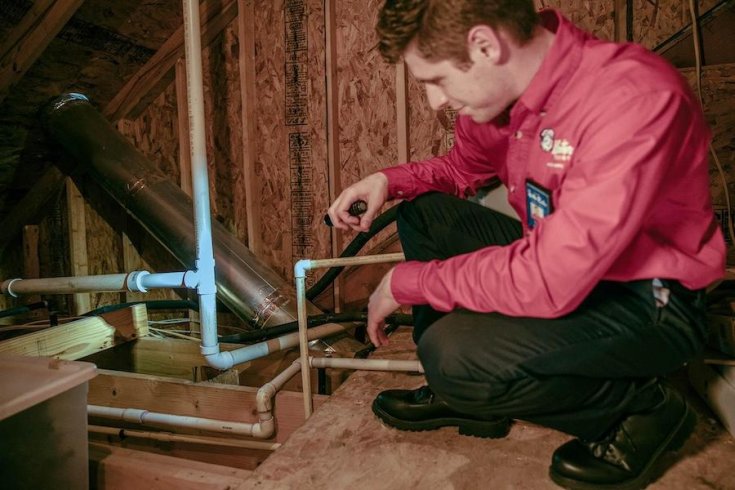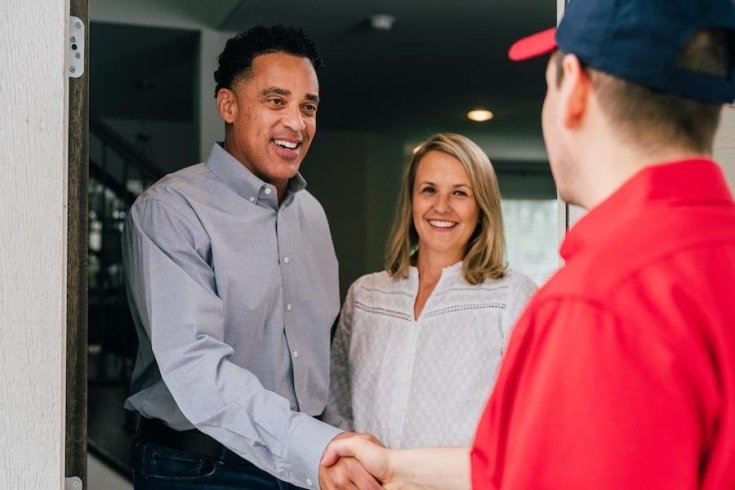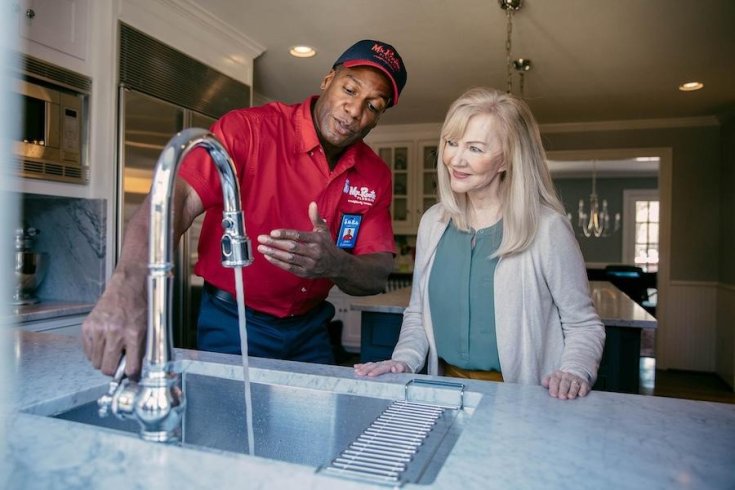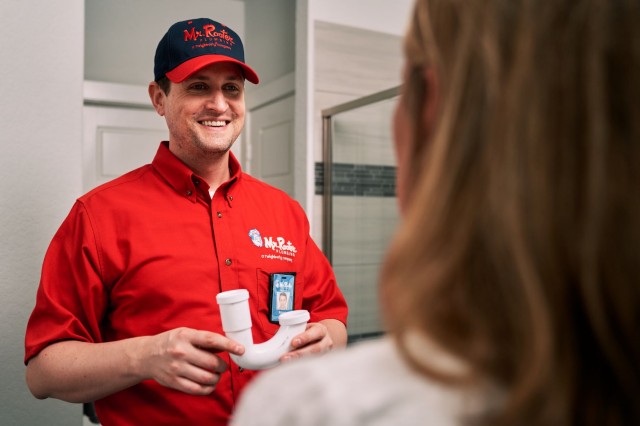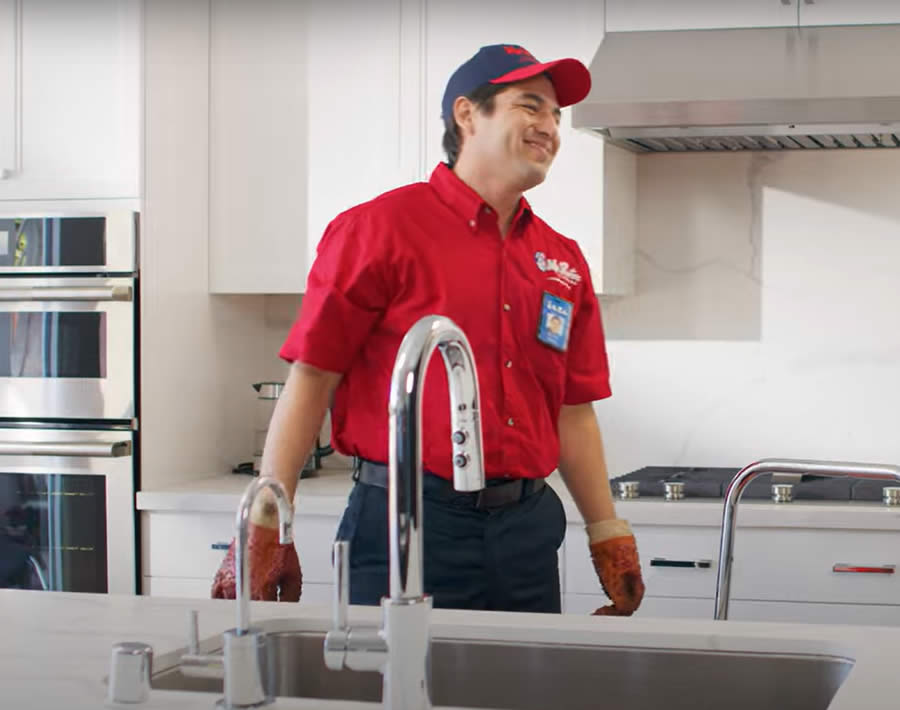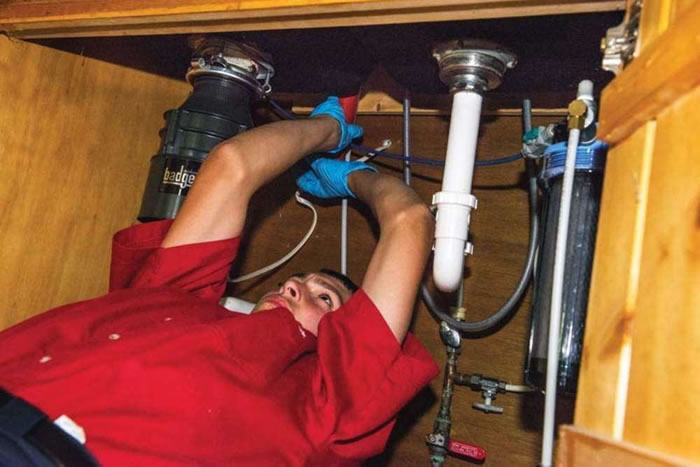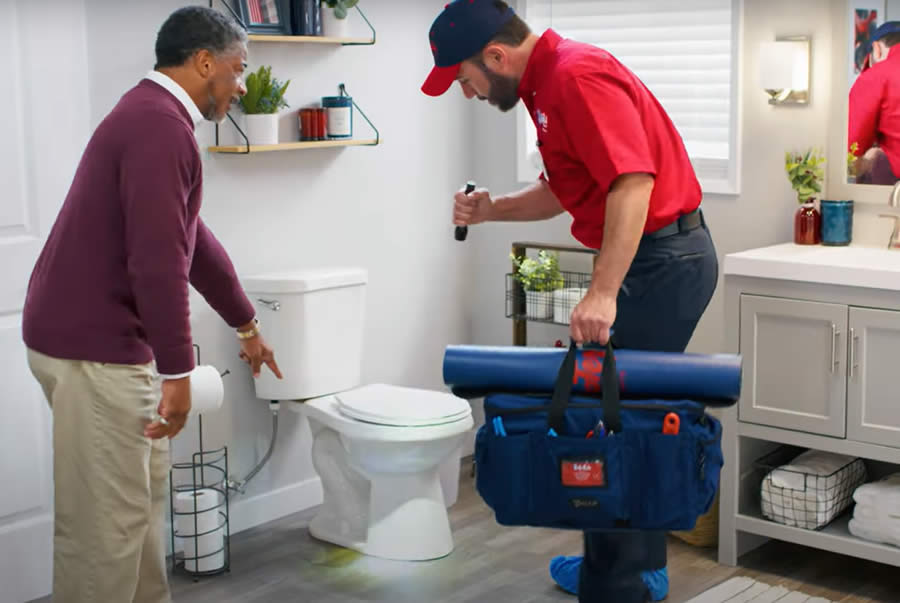As soon as you hear "plumbing inspection," your mind might wander to thoughts of it being complicated or unnecessary. Yet, a plumbing inspection is integral to maintaining an efficient home environment. Mr. Rooter Plumbing breaks down precisely what a plumbing inspection entails so you understand the worthiness and value of partnering with a professional plumber.
An Introduction to Plumbing Inspection
A plumbing inspection is the practice of an expert plumber performing an in-depth examination of your home's plumbing system. This examination thoroughly evaluates all parts and systems to ensure they operate efficiently and smoothly. A good plumber should offer this as part of their routine maintenance to prevent more significant issues.
What Does the Plumber Look For?
A plumbing inspection typically includes several vital items being assessed:
- Leaks and Corrosion: When inspecting pipes, fixtures, or appliances for leaks or corrosion issues, plumbers always search for leaks that might lead to water damage and mold problems that require costly repair. Furthermore, they look for signs of corrosion, which weakens pipes over time, leading to potential leakage problems.
- Water Pressure: Proper water pressure is vital for adequately operating your plumbing system, with too low or too high levels indicating potential issues in its functioning. A plumber will measure this pressure before making adjustments as required.
- Drains and Sewer Lines: Plumbers inspect drains and sewer lines regularly to ensure they remain clear of obstructions. Clogs can lead to backups that cause foul smells and potential water damage.
- Plumbing Exam of Water Heaters: When inspecting a water heater for signs of wear and tear, such as checking its temperature/pressure relief valve or searching for leaks, plumbers perform an in-depth assessment to ensure it heats water efficiently.
- Fixtures and Faucets: Every fixture and faucet must undergo rigorous tests to ensure proper functionality, such as checking for leaks, verifying smooth operation, and ensuring they're securely fastened to their attachment points.
- Pipes and Connections: When performing this inspection, the plumber inspects any visible pipes or connections for signs of damage or potential issues such as corrosion and proper insulation. Rust may be present, or possible risks could develop, so an examination must also include testing for insulation levels, as rust may penetrate even copper pipe connections. It should always be checked to detect potential risks before moving forward with repair efforts.
Why Is A Plumbing Inspection Crucial?
A comprehensive plumbing inspection is critical for several reasons, including:
- Prevents Major Problems: An inspection can catch minor plumbing issues before they turn into more severe concerns; for example, leaks that lead to significant water damage could be repaired before becoming costly issues.
- Save Money: Addressing minor repairs early can save money in the long run. Emergency plumbing service costs may become expensive during emergencies. By acting early and taking proactive measures against minor problems, you could save yourself some money down the line.
- Improving Efficiency: Ensuring that your plumbing system works effectively can significantly cut energy and water consumption bills, and professional plumbers can identify ways to enhance its performance during an inspection.
- Increase Home Value: When planning to sell your home, an inspection report of its plumbing can be an incredible selling point. Potential buyers will value knowing that its plumbing system is functioning smoothly.
How Often Should You Schedule a Plumbing Inspection?
In general, plumbing inspections should take place once annually. However, should any issues such as slow drains, strange noises, or water pressure changes arise immediately, an immediate plumber should be called immediately for inspection or service repair service. Frequent inspections will help minimize costly repair services down the line.
What to Expect During an Inspection
A plumber arriving for an inspection will begin by asking whether you have noticed any problems before thoroughly evaluating your plumbing system. This typically takes 1-2 hours, depending on its complexity and the size of your home.
Your plumber will present a report detailing all their findings. This document should detail any issues they discovered, recommended repairs or maintenance measures they suggest for you, and tips for maintaining good plumbing health in the home.
Preparing for a Plumbing Inspection
There are a few things you can do in advance of an inspection to help prepare:
- Clear the Area: To ensure easy access for the plumber, ensure all components, such as sinks and water heaters, can be reached quickly and without incident. Ensure there is space around sinks, water heaters, or any other relevant locations where he might work on them.
- Create a List: If you have noticed any plumbing problems, create a list to present to the plumber so they can pinpoint areas of concern more effectively. This list may help them provide targeted care more efficiently.
Acquaint yourself with the basics of your plumbing system's layout. It is especially useful to learn where the main shutoff valve is located.
Mr. Rooter Plumbing
Plumbing inspection is an integral component of home maintenance. By understanding what a plumbing inspection entails, you will understand why regular inspections from professional plumbers are vital to keeping your system in top shape—they prevent major problems before they arise, save you money, and ensure efficient functioning in your home. So, next time you consider home upkeep, don't forget to schedule one with your trusted service.



